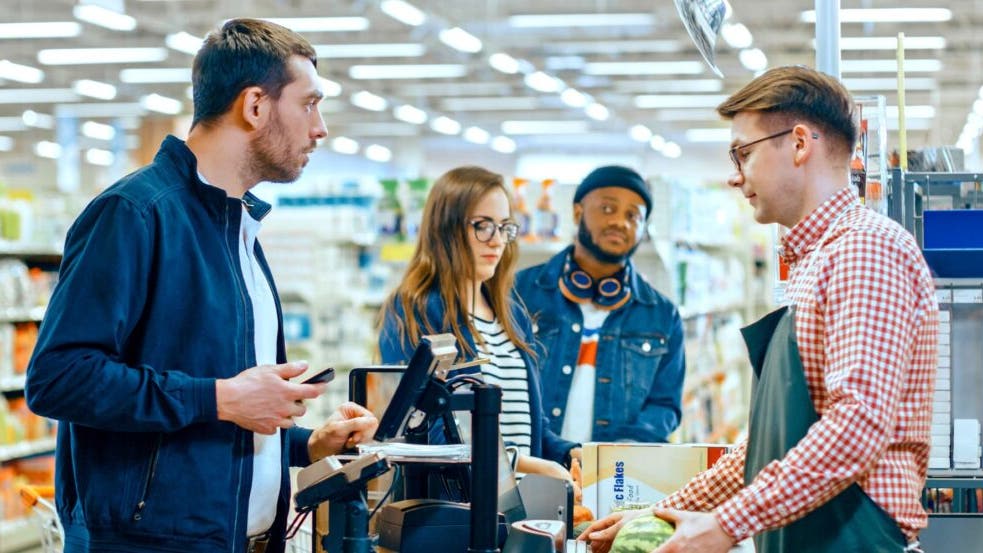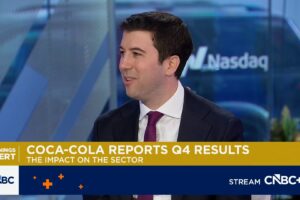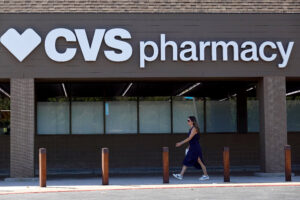
Sales of private-label products, more commonly referred to as store brands, rose by 4% over the last year, according to the Private Label Manufacturers Association.
The $9 billion increase, which brought sales of private label products to a record $271 billion, is caused by a number of factors, according to CNBC.
“The quality, value, and innovation that store brands provide can’t be beat,” PLMA President Peggy Davies said in a statement. A survey by market research company First Insight backs her assessment.
Don’t Miss:
According to First Insight’s “The Quiet Takeover of the Private Label” study released in January, 84% of shoppers now trust the quality of store brand products just as much, or more than, the quality of name-brand products. Additionally, 72% of shoppers are unable to tell apart private-label products and name-brand products, and 47% of shoppers have intentionally tried out a private-label product because it was duping a name-brand product.
“Companies are savvy in how they market,” First Insight CEO Greg Petro told CNBC. “It’s not just consumers that can be fooled, it’s experts.”
Rochester Institute of Technology packaging design professor Bruce Myers told CNBC that many stores are improving the aesthetics of their private-label products in order to indicate to consumers that “their brands as equal or better quality at a better price.” This is a drastic change from a few decades ago when stores were scaling back on packaging in order to indicate that they were “passing the savings on to you.”
Trending: Named a TIME Best Invention and Backed by 5,000+ Users, Kara’s Air-to-Water Pod Cuts Plastic and Costs — And You Can Invest At Just $6.37/Share
Of course, price still remains a significant factor in the appeal of private-label products.
According to the Federal Reserve Bank of St. Louis, grocery store prices have risen 23% over the last five years. Michael Swanson, Wells Fargo’s Agri-Food Institute chief agricultural economist, told CNBC that the average household’s spending power has outpaced this increase, but points out that consumers “really are very bad at tracking the relative change of those two things.”
Petro put it this way, “[consumers] are saying ‘What I’m paying for what I’m getting is not worth it.'”
First Insights’ findings also reflect this. According to the survey, 45% of consumers say that they’ve permanently switched from a name-brand product to a private-label product if they’ve found that it matches or exceeds their expectations.
See Also: This AI-Powered Trading Platform Has 5,000+ Users, 27 Pending Patents, and a $43.97M Valuation — You Can Become an Investor for Just $500.25
However, these experts say that name-brand products aren’t going away any time soon. Especially because stores rely on the existence of name-brand items to highlight their private-label alternatives.
“The only reason you know that private label is a value is because you glance right next to it in the refrigerator section and that something else is 25 or 40% more expensive,” Swanson told CNBC.
Read Next: Warren Buffett once said, “If you don’t find a way to make money while you sleep, you will work until you die.” Here’s how you can earn passive income with just $10.
Image: Shutterstock
UNLOCKED: 5 NEW TRADES EVERY WEEK. Click now to get top trade ideas daily, plus unlimited access to cutting-edge tools and strategies to gain an edge in the markets.
Get the latest stock analysis from Benzinga?
This article Dupe Culture At The Supermarket: Sales Of Store-Brand Products Up By 4% originally appeared on Benzinga.com
© 2025 Benzinga.com. Benzinga does not provide investment advice. All rights reserved.











